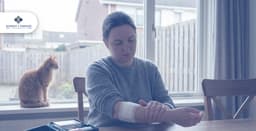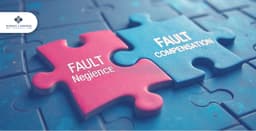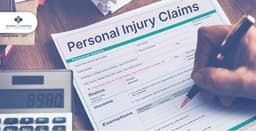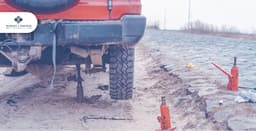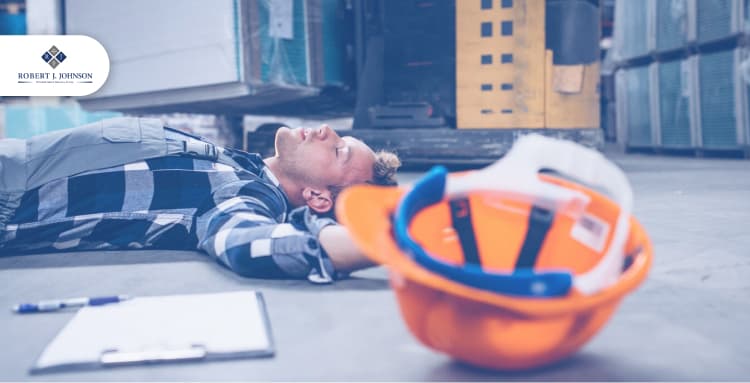
October 27, 2024
The Legal Process for Slip and Fall Claims in Florida: What You Need to Know
When you slip and fall on someone else’s property, the property owner or manager may be responsible for your injuries. They must keep the property safe by regularly inspecting it and warning people about any hidden dangers, like wet floors or uneven ground. If they fail to do that, and you get hurt, you might be entitled to compensation. So, after experiencing a slip and fall accident, the best legal step you can take is to report immediately and contact a personal injury lawyer.
However, there are some other steps in the legal process for slip and fall claims. Let’s see how the legal system works to protect people injured in such accidents.
Florida’s Law For Slip and Fall Injury
In Florida, the law governing slip and fall cases is outlined in Florida Revised Statutes 768.0755. To win a slip and fall lawsuit, the injured person must show that the business did not fix a dangerous condition on their property. The injured person also needs to prove that the business either knew about the hazard or should have known about it. Florida law allows victims to seek compensation for various damages, such as medical expenses, lost wages, and pain and suffering.
However, Florida’s written laws don’t cover every possible situation. That’s why Common Law has been developed to evaluate the case. This law is created by judges as they decide on real cases. Over time, they add more detail and interpretation to the statutes. Since the written statutes are relatively new, it’s important to consider both the statutes and common law when evaluating a slip and fall case. Some court rulings might be outdated, while others still apply.
The Statute of Limitations for Fall and Slip in Florida
You have 2 years from the date of the slip and fall accident to file a personal injury claim. This is known as the statute of limitations, according to Florida law 95.11(5)(1). This two-year limit applies to all negligence-based personal injury cases, including slip and fall incidents.
The Concepts of ‘Duty of Care’ in Slip and Fall Case
Under Florida Statutes § 768.0755, property owners have a legal responsibility, known as the duty of care, to keep their property safe for visitors. This means they must regularly inspect their premises, provide warnings about any hazards, and repair unsafe areas quickly. If they fail to do so and someone is injured in a slip and fall accident, the injured person may be entitled to seek compensation for their injuries.

File Complaint the Incident & Contact a Personal Injury Lawyer Immediately: First Step of Legal Process
If you’ve been injured in a slip and fall accident, the first thing you should do is file a complaint about the incident. This means reporting the accident to the property owner, manager, or another responsible party. Make sure they document the accident, and keep a copy of the report for yourself.
At the same time, it’s crucial to contact a personal injury lawyer right away. A lawyer can help you understand your rights and guide you through the legal process. They will gather evidence, talk to witnesses, and handle negotiations with the insurance company to help you get the compensation you deserve. They can also represent you in court if needed. Acting quickly is important because it helps preserve evidence and strengthens your case.
Proving Negligence and Injuries in Your Case
To successfully pursue a slip and fall case in Florida, you need to prove that the property owner's negligence caused your accident. This involves two key steps: showing that the property owner was responsible for the hazardous condition that led to your fall and proving that the fall caused your injuries.
What You Need to Prove for Slip and Fall Case
To prove negligence or liability in a slip and fall case, you must show that the property owner or tenant knew about the dangerous condition or should have known about it and failed to fix it. This can be done by proving that:
The hazard existed long enough that the property owner should have noticed and fixed it.
The dangerous condition happened repeatedly, making it predictable.
The property owner was directly aware of the danger but didn’t act to correct it.
If you can prove both negligence and liability, you can pursue compensation for your injuries.
Common Injuries You May Have During Slip and Fall Accidents
Slip and fall accidents can lead to various injuries, ranging from minor to severe. Common injuries include:
Broken bones: Falls often result in fractures, especially in the wrists, arms, hips, and ankles.
Head injuries: A fall can cause a concussion or other traumatic brain injuries if you hit your head.
Sprains and strains: Ligaments and muscles can be stretched or torn during a fall, leading to painful sprains or strains.
Back and spinal cord injuries: Falls can cause serious damage to the back or spinal cord, leading to long-term pain or even paralysis.
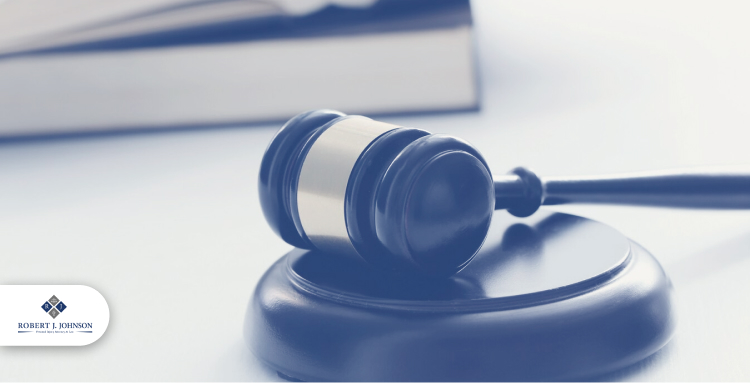
Understanding Comparative Negligence or Shared Responsibilities: How It Affects Your Case
Sometimes, accidents happen because both the property owner and the person who got hurt were a little careless. Florida law understands this. Even if you were partly at fault, you might still be able to get money for your injuries.
For example, you could still collect compensation under Florida law if you tripped over an object that shouldn’t have been there but were running in an area where you should have been walking.
However, your compensation might be reduced because of your role in the accident. This principle is outlined in Florida law 768.81, which governs how comparative negligence is applied in slip and fall cases.
For instance, if the court finds you 15% responsible for the accident, and your total damages are $10,000, the property owner would only have to pay $8,500 (the original amount minus the 15% of your fault).
Will this Comparative Negligence Affect Settlements
Well, yes. Even if your case doesn’t go to trial, the concept of comparative negligence will likely play a role in settlement negotiations. The property owner’s insurance company might argue that you share some blame for the accident, which could lower the settlement offer. That’s why it’s crucial to make a strong case that clearly shows the property owner’s responsibility for your injuries.
Filing a Claim: 5 Things You Need to Know
While filing a claim, you need to understand the key points below. This can help you to take better preparation for claiming and seeking the compensation you deserve.
Notify the Property Owner: Inform the property owner or manager about your slip and fall accident as soon as possible. This creates an official record of the incident.
Gather Evidence: Collect evidence to support your claim. Take photos of the hazard, get witness statements, and keep any medical records related to your injuries.
Document Everything: Keep detailed records of all expenses and impacts related to your injury. This includes medical bills, lost wages, and any other costs you incur.
Contact the Insurance Company: Notify the property owner’s insurance company about your intent to file a claim. Provide all the necessary documentation to support your case.
Acknowledge the Statute of Limitations: Be aware of the time limit for filing a claim. Since you have 2 years from the date of the accident, missing this deadline can prevent you from getting compensation.
When to File a Lawsuit for Your Slip and Fall Claim
When you file a complaint, you must file a lawsuit with it. The complaint outlines the facts of your case and states that it's based on Florida’s personal injury laws. As the injured person, you are responsible for starting the lawsuit. You do this by filing your summons and complaint with the correct court and paying the required filing fee. Your lawyer can assist with this process to ensure everything is done correctly.

Negotiation and Settlement: How to Reach an Agreement
After building your case and gathering evidence, the next step is often to negotiate a settlement with the insurance company. This means trying to reach an agreement on how much money you'll get for your injuries. Here are the process–
Initial Offer: The insurance company will likely make an initial settlement offer. This offer is usually lower than what you might deserve, so be prepared to negotiate.
Counteroffer: If the initial offer is too low, you can make a counteroffer. Provide reasons why you believe you deserve more, using your evidence to support your claim.
Negotiation: Engage in back-and-forth discussions with the insurance company. Be patient and persistent. It’s common for this process to take some time as both sides work towards a fair agreement.
Mediation: If negotiations stall, consider mediation. A neutral third party can help facilitate discussions and guide both sides towards a mutually acceptable settlement.
Settlement Agreement: Once both parties agree on a settlement amount, the agreement will be put in writing. Make sure to review the terms carefully before signing.
Receive Compensation: After signing the settlement agreement, you will receive your compensation. This can cover medical expenses, lost wages, and other related costs.
Also, learn more about how personal injury settlements are paid out.
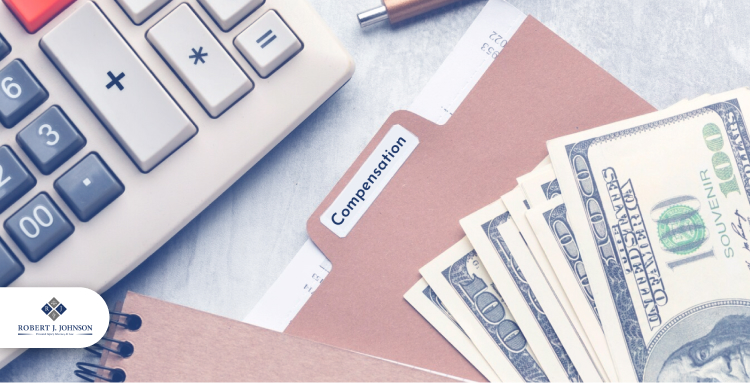
What to Expect When Receiving Compensation
Your document (signed settlement agreement) outlines the terms of the settlement and confirms that you accept the compensation offered. After signing the agreement, you can expect to receive your compensation within a few weeks. The exact timeline can vary, but most payments are processed promptly.
There are a few types of damages you can claim:
Medical Bills: Covers the cost of current and future medical treatments.
Lost Wages: Compensation for income lost while you were unable to work.
Rehabilitation Expenses: Includes costs for physical therapy or other recovery treatments.
Pain and suffering: Physical and emotional pain caused by your injuries.
However, there are other damages you can claim, for example–
Loss of Enjoyment of Life: If your injuries prevent you from enjoying activities you used to, you can claim damages for this loss.
Loss of Services/Consortium: If your injuries affect your ability to perform household tasks or impact your relationship with your spouse, you can seek compensation for these losses.
Permanent Disability: If your injuries result in permanent disability, you are entitled to compensation reflecting the ongoing impact on your life.
Relative Severity of Injury: The severity of your injury can influence the compensation amount. More severe injuries typically result in higher compensation.
Insurance Coverage Limits: If the insurance coverage is not enough to cover all your damages, you might need to seek the remaining amount directly from the property owner.
In some rare cases, you might also be able to get punitive damages. This is extra money to punish the property owner if they were really careless and caused your injuries on purpose.
How much money you can get will depend on many things, including:
How badly you were hurt
Your medical bills
How long you were out of work
How much pain and suffering you've experienced
Your lawyer will help you figure out how much to ask for.
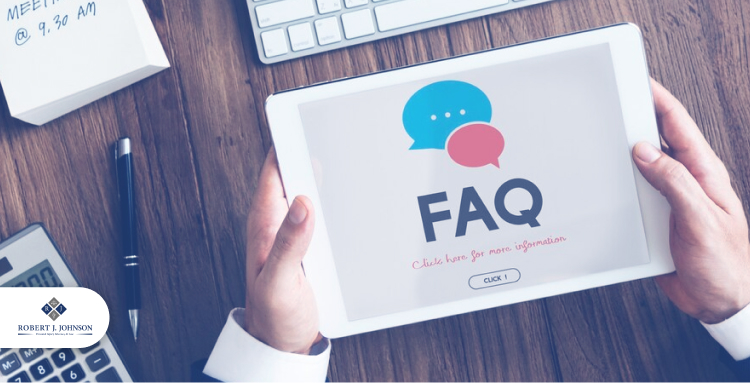
Frequently Asked Questions
What is the average settlement amount for a slip and fall in Florida?
The amount of money you can get for a slip and fall accident depends on many things, like how badly you were hurt and what your medical bills are. There's no exact number, but people usually get between $45,000 and $850,000.
How long does it take to settle a slip and fall case in Florida?
The time it takes to settle a slip and fall case can vary. If there's clear proof of what happened such as a video showing the fall, it might be quick like about 30 days. But if there's no clear answer or if your injuries are really bad, it could take a long time – up to 3 months. Sometimes the insurance company might ask for more time.
What if the accident happens on government property?
If your slip and fall happened on government property in Florida or involved a government employee, special rules apply. You must notify the correct government agency about your claim, and most injury claims have a $200,000 limit on damages. There are also strict deadlines to follow in these cases.
Final Words
The legal process has many steps, and most people don’t know all the details. Many of us don’t understand the complexities of the law, which is why I mentioned earlier that the first step should be contacting a personal injury lawyer. If you’ve been hurt in a slip and fall accident, the Personal Injury and Accidents attorney, Rober J. Johnson can help. He is an experienced lawyer and will guide you through the legal maze and make sure you get the fair compensation you deserve.
Slip and fall cases can be tricky, but you deserve justice. Thousands of happy clients have trusted Robert Johnson, to get the compensation they’re owed. Your call is free, so reach out to him today.
